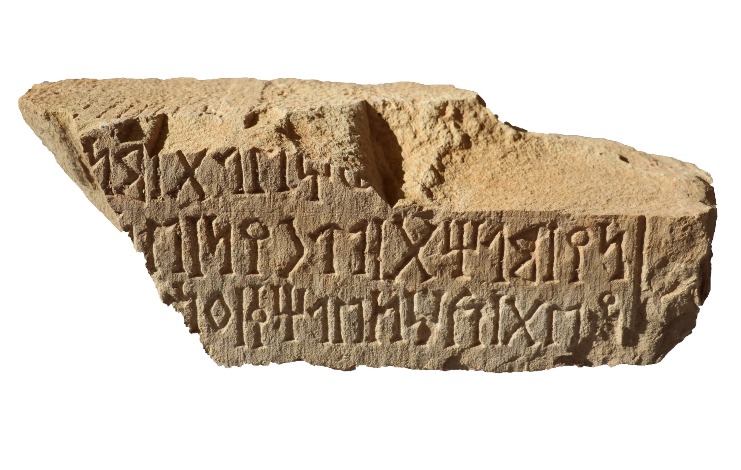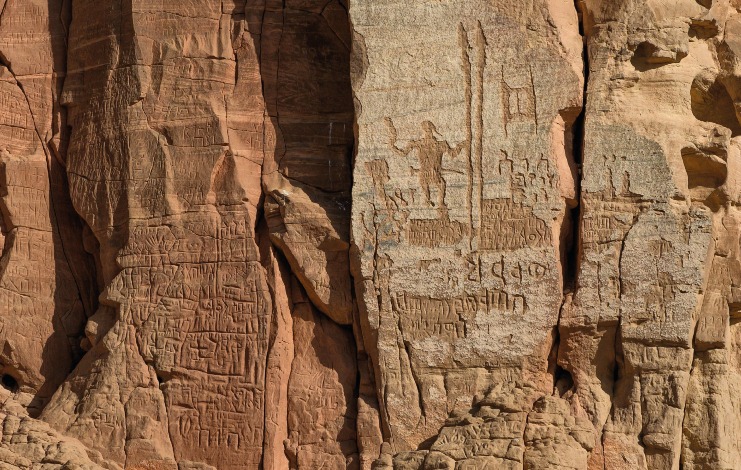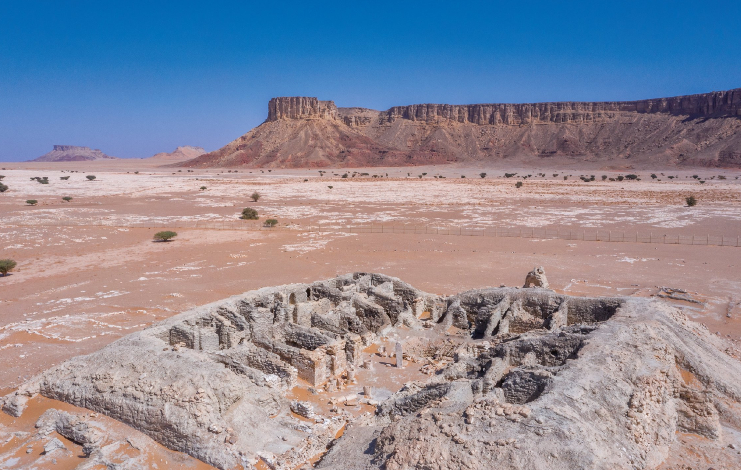Exciting news from Saudi Arabia, where a Saudi-French expedition mission part of the Heritage Commission made a discovery in the Al-Faw archaeological site, a few kilometres south of the capital, Riyadh.
The Saudi Heritage Commission made the announcement over social media, announcing that the expedition discovered remains of human settlements dating back to the Neolithic period.
What Did They Find?
The discovery didn’t stop there, by using topographic photography, drones, terrestrial penetrating radars, and lasers, the excavating teams were able to find several agricultural and religious sites associated with the area.
The agricultural sites were connected to several buildings that had underground reservoirs, which were filled with water to use in the area as part of an irrigation system.
As for the religious site, they located the foundations of a temple as well as the remains of what used to be an altar where ancient residents of the area placed tributes or sacrifices. According to the National News, the expedition mission also found a rock with inscriptions addressed to the ancient deity called Khaal.

Ancient Trading Hotspot
It seems like the area was a huge trading post during its heyday as the foundations of four huge buildings were found that are believed to have been hotspots for merchants traversing the area, so they can rest and possibly trade with its inhabitants as they passed through.
Some aspects of the lives of the people inhabiting there were frozen forever in time as etchings and carvings on the side of the Tuwaiq Mountain depict some of the activities that took place there, including hunting and fighting.

Recent Discoveries
This is just one of the most recent discoveries announced by the Saudi Heritage Commission, as April last year, Dr. Jasser bin Sulaiman Al-Harbash, CEO of the Heritage Commission, revealed that a joint Saudi international team “discovered footprints of humans, elephants, and predators around an ancient dry lake on the outskirts of Tabuk.”
Dr. Al-Harbash explained the significance of discoveries since these footprints date back more than 120,000 years, and that they were, “the first scientific evidence of the oldest human habitation in the Arabian Peninsula, which provides a rare glimpse into the living conditions of humans in this region during their travels and settlement.”
Efforts within the region continue as more discoveries are being made, unlocking the mysteries of early inhabitants of the area.
Don’t Forget: We Said This… ‘Dune’ Sequel To Start Filming In Abu Dhabi And Jordan Later This Year.



